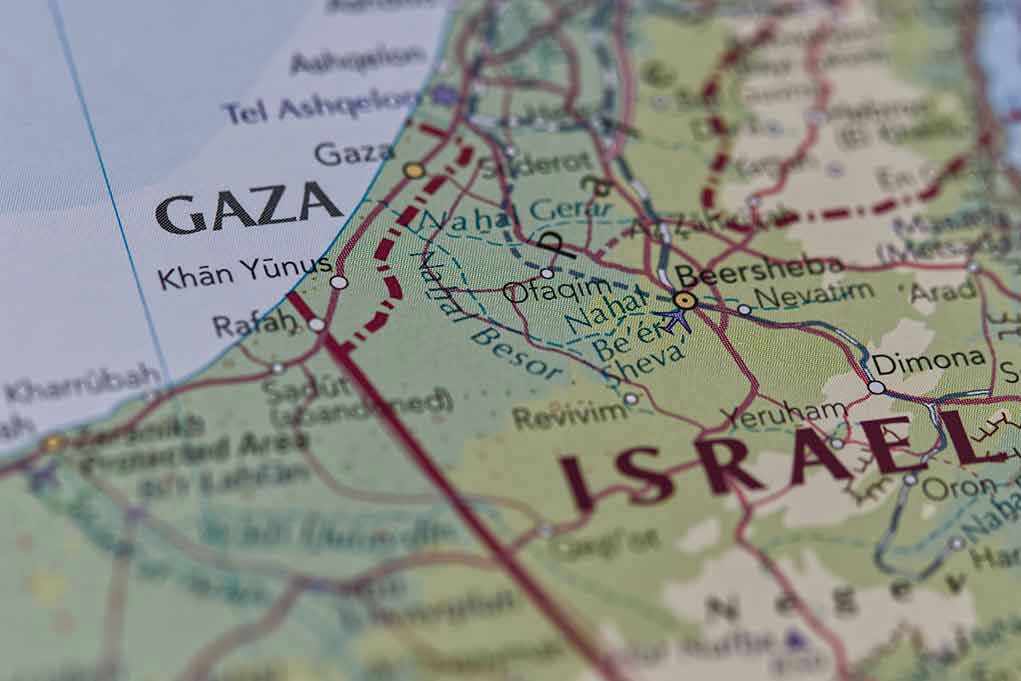
In the heart of the West Bank, Christian Palestinians in Taybeh face relentless attacks, shaking the very foundations of their ancient and sacred community.
At a Glance
- Israeli settlers have repeatedly targeted the Christian village of Taybeh, causing substantial damage and community fear.
- Christian leaders and international observers criticize the Israeli government for not holding settlers accountable.
- The attacks threaten the survival of the last all-Christian village in the West Bank, eroding religious and cultural heritage.
- International calls for investigation and accountability grow louder amidst a backdrop of increasing violence.
Escalating Violence in Taybeh
In July 2025, the Palestinian Christian village of Taybeh was subjected to a series of violent attacks by Israeli settlers. The assailants targeted religious sites, such as the historic Church of St. George and the village cemetery, committing acts of arson and vandalism. On July 28, 2025, settlers returned to Taybeh, torching cars and spray-painting threatening graffiti, further escalating tensions in the region. Despite the severity of these attacks, arrests and prosecutions remain shockingly rare.
These attacks are not isolated incidents. They are part of a broader trend of increasing settler violence against Palestinian communities, particularly those with significant Christian populations. The violence has resulted in not only property damage but also the displacement of families and loss of life in nearby villages. The lack of accountability has led to widespread criticism of the Israeli government, accused of allowing a climate of impunity for such acts.
Significance of Taybeh
Taybeh holds unique importance as the only entirely Christian Palestinian village in the West Bank. Its religious and cultural heritage dates back centuries, making it a symbol of Christian presence in the Holy Land. The settlers’ attacks on religiously significant sites are not just acts of violence but symbolic assaults on the identity and history of the Christian community in Taybeh. The village’s residents, already marginalized and vulnerable, now face an existential threat to their way of life.
Christian leaders from across the globe have rallied in support of Taybeh, calling for international intervention and accountability. Their appeals highlight the broader implications of the attacks, which threaten the very existence of Christian communities in the region. The international community’s response could play a crucial role in determining the future of these ancient Christian sites and the people who call them home.
International and Local Reactions
The response from the international community has been one of concern and condemnation. Christian leaders and organizations have called for external investigations into the violence and greater protection for the Christian residents of Taybeh. The Palestinian Authority has also criticized the international community’s silence, blaming it for emboldening the settlers to continue their attacks. Despite these calls for action, the Israeli government’s response has been largely limited to announcing investigations, with little tangible progress in holding perpetrators accountable.
Israeli officials face a delicate balancing act. On one hand, they must address the domestic pressures from settler groups, while on the other, they must manage the country’s international image and obligations. However, critics argue that the government’s inaction sends a dangerous signal, effectively endorsing the violence through its failure to act decisively against it.
Implications for the Future
The implications of these attacks are profound and far-reaching. In the short term, they have instilled fear and insecurity among Christian Palestinians, damaging both property and community morale. In the long term, the continued violence could lead to further depopulation of Christian communities, eroding religious and cultural heritage that has existed for centuries. The attacks also pose a significant risk of escalating regional instability, drawing increased international scrutiny on Israel’s settlement policies and human rights record.
The attacks on Taybeh underscore the urgent need for accountability and protection for minority communities in the West Bank. Without effective intervention, the future of Christian communities in the Holy Land remains uncertain, and the prospects for peace and coexistence grow dimmer. The world watches as this ancient land grapples with modern-day challenges that test the boundaries of religious freedom and human rights.




